Transcript of Michel Chossudovsky included

“The Trump statement in regards to the 51st state is somewhat obsolete, because we’ve gone way past that. Our country is a military area of the United States of America, and without adequate consultations.”
– Michel Chossudovsky, from this week’s interview
***
LISTEN TO THE SHOW
Click to download the audio (MP3 format)
As the people of the Great White North fulfill their duty regarding the selection of Canada’s next prime minister, each of the party leaders pop up in a different voting location to make their pitch for consideration – rather like a real-life version of the game “Whack-a-mole.” [1]
Climate-change did not have as broad a base of support among voters this time around. Instead, Canadians seem to be focused on more bread-and-butter concerns. Affordable housing, cost-of-living, inflation and public safety register a lot more than fighting “global-warming” generated droughts, wildfires, and hurricanes. [2][3]
As in past elections, the domestic policy of the Canadian government generally explains why the sitting prime minister faces dismissal or another mandate. Rarely does the question of foreign policy register anything close to a blip on the political radar screen.[4]
But this election sees a bit of a twist on this principle, one that completely reset the country’s policy landscape. This one largely reacts, oscillates, and revolves around the figure of one man whose love of tariffs, embrace of a genocidal state of Israel and possession of a notorious reputation of vindictiveness instills a response from the vast majority of Canucks. Donald Trump and his declared choice for Canadians between being punished with tariffs or being rewarded as the 51st state completely dominates political discussion from the water cooler buzz to mid-evening dinner conversations to chatter in the street. [5]
In the time over the last three weeks, the Global Research News Hour managed to talk to 5 out of 6 political candidates (the Conservative declined my interview invitation) for the electoral constituency of Winnipeg Centre which houses the University of Winnipeg at which radio station CKUW is situated. The theme of each interview centred around the policies of the Big Orange Man and where it situates Canada in its own expression of its stand on foreign policy and military affairs.
But more than that, we have a deep discussion of the new normal we entered into in 2006 which got very little attention in the Canadian media. The US Northern Command (USNORTHCOM) essentially declared all of Canada, Mexico, and some Caribbean islands would be situated under the umbrella of U.S. protection. [6]
Under their new policy, troops, naval craft, and US airplanes could enter into the territory of a partner country without formally getting approval of the territory’s government. And effectively, it is argued, it would preempt our country’s ability to behave as a separate governmental authority when it comes to countries like Russia and China. Our decisions having been made not by outraged Canadians, but a signature on a nearly 20 year old document. [7]
This episode of the Global Research News Hour focuses on the Canadian election with a special focus on whether it even makes sense to celebrate our supposed “kinder-gentler” foreign policy approach when we have apparently forked the big-decision making to Uncle Sam.
In the first half hour, we hear from two more candidates – Debra Wall of the Animal Protection Party of Canada, and Rahul Walia of the Liberal Party of Canada, regarding how to maintain in any real sense the sovereignty of our nation. In our second half hour, Professor Michel Chossudovsky, Director of the Centre for Research on Globalization, expands on his stated concerns about USNORTHCOM leading to the demise of this nation’s decision-making abilities on the international stage. Finally, we end with Canadian Foreign Policy critic Yves Engler, speaking about the main planks our approach to international events that needs more attention in public minds as the election campaign draws to a close. Foreign policy toward Israel is among the major issues he seeks to address.
Debra Wall is the candidate for the Animal Protection Party of Canada in the riding of Winnipeg Centre.
Rahul Walia is the Candidate for the Liberal Party of Canada in the riding of Winnipeg Centre.
Professor Michel Chossudovsky is the founder and director of the Centre for Research on Globalization and its website globalresearch.ca. He is Professor (Emeritus) of Economics at the University of Ottawa and the award-winning author of 13 books including America’s War on Terrorism (2005), Towards a World War III Scenario: The Dangers of Nuclear War (2011) and The Globalization of War, America’s Long War against Humanity (2015.)
Yves Engler is one of Canada’s foremost Canadian foreign policy critics and dissidents. He is the author of 13 books including Canada’s Long Fight Against Democracy (with Owen Schalk) (2024) and Stand on Guard for Whom?: A People’s History of the Canadian Military (2021). His articles have appeared at globalresearch.ca, rabble.ca, canadiandimension.com, and on his own site yvesengler.com.
(Global Research News Hour Episode 470)
LISTEN TO THE SHOW
Click to download the audio (MP3 format)
Transcript of Michel Chossudovsky, April 16, 2025
Global Research: Thanks, Professor Chossudovsky for returning to the program.
Michel Chossudovsky: Delighted to be on the program. It’s a very, very important issue because the elections are on April 28th of this month, and people across the land, across Canada, have to know what this issue implies with regard to our sovereignty.
GR: I mentioned that Donald Rumsfeld announced it in April of 2002. The prime minister at the time was Jean Chrétien, and apparently he was not into this new arrangement. Can you comment about that?
MC: Well, the thing is that Jean Chrétien actually resigned, and there were two elements.
One was the fact that this statement was done unilaterally, without any prior discussions in the House of Commons, or even the presence of Canadian journalists at the press conference which he gave. Now, he says, well, I’m paraphrasing here, the creation of the 51st state is what we would call déjà vu in French. It was announced by Donald Rumsfeld in 2002, and he gave all the features of this process.
It’s the territorial jurisdiction by land, by sea, by air, extending from the Caribbean basin up to the Canadian Arctic territories and the North Pole, contiguous to, and this is very important, contiguous to Greenland. It would seem that nobody in Canada knows about this. Our country is a military zone.

It’s under U.S. Northern Command, and it is part of a whole set of regional U.S. command structures for which ultimately, well, they say it’s the defense of the United States of America. I don’t think it’s the defense of the United States of America or of Canada.
It is essentially based on geopolitical confrontations with the Russian Federation and China, including the fact that they had already conducted simulations of a World War III scenario.
USNORTHCOM is part of the 6 command structures of the US Military. (Rumsfeld’s 2002 statement (C-Span), for full transcript, click above article, Annex)

This was declassified and dates back, I think, to 2007. So that is the background. Canadians don’t know about it.
I wrote about this right from the beginning. I was in touch with the Toronto Star at the time, and they said to me, yes, we’ll publish it. I sent it to them, a very summarized perspective, and on three occasions, they confirmed that they were going to publish it, but they never did.
GR: Okay. Can I just stop you just for a second? I was wondering, under NORAD, that’s portrayed as a partnership between Canada and the United States. As I read this Northern Command, it says that the United States can deploy troops onto Canadian territory without informing the Canadian jurisdiction, but is there not reciprocity in USNORTHCOM? Under the agreement, as I understand it, does not Canada also have an arrangement to deploy Canadian troops onto American soil without informing the US government?
MC: No, they absolutely don’t.
That doesn’t exist. No. To my understanding, there’s some kind of agreement pertaining to the Saint Lawrence Valley where they have a partnership on the border.
I mean, what’s also very disturbing is that this is a violation of the United Nations International Law of the Sea because it extends US military jurisdiction into the high seas. We’re talking about 500 miles of territorial and international waters, and that is verifiable, and it’s part of it. Donald Rumsfeld says it very clearly.
We are extending US military power by land, waterways, air, and it encompasses… I should mention that the project encompasses Mexico as well. Okay.
So it’s Mexico, the United States, and Canada from the Caribbean up to the North Pole. Now, in Mexico, well, I should mention that Jean Chrétien, first of all, did not support the US-UK, should I say, invasion of Iraq in2003, which was based on false premises and on lies and fabrications and on crimes against humanity. He had the honesty to say that, no, Canada did not participate in that war.
He also said, and that was in his letter, his open letter to Donald, which was called “from one old guy to another”. It was respectful, but what he said, he said very clearly, we want to protect the Arctic, but the United States refuses to recognize that the North West Passage belongs to Canada.
They have a military base on the Northwest Passage. Nobody knows about this. Why is Canadian public opinion not informed of what’s going on?
GR: Are you talking about the Nanasivic Naval Facility there, a deepwater port on the northern tip of Baffin Island?
MC: Well, yes.
There is a record of military facilities already in the Northwest Passage. I would have to check on that issue.
What is, I think, disturbing is that you have here, well, what I should mention is that while Jean Chrétien refused to go along with it and he resigned, the dossier was then handed over to his successor, who was Paul Martin.
Paul Martin negotiated with the US administration and ultimately came to an acceptance. There really is no joint military undertaking between Canada and the United States. It’s token.
The military base which is responsible for NORTHCOM is in US territory. I should, of course, mention the status of these US command structures pertains to the US regional commands in six regions of the world. You have US European command, you have US Africa Command, you have US Central Command, which is the Middle East, then you have US Pacific Command, you had US Northern Command, and then you have US Southern Command, which is South America and the Caribbean.
In other words, our country has been transformed into a military command structure under the auspices of the Pentagon. I can’t put it any other way.
GR I noticed that getting back to the Nanasivic Naval Facility, it’s been in the works since 2007, right after the establishment of NORTHCOM. It’s been experiencing numerous delays, but the Canadian government site explains that it is going ahead in 2025 this year. It seems, according to the literature I’ve read, that it is a wholly Canadian base dedicated to protecting Arctic sovereignty.
Can you explain how you detail that NORTHCOM is involved in this project?
MC: Well, I’m not familiar with the recent developments. There’s the Nanasivic Naval Facility at Resolute Bay. Yes, you’re absolutely right.
That was in 2007. Now, of course, I would say that this should be the object of parliamentary debate, and that it should also be the object of statements on the part of the Canadian government, as it stands in relation to Trump. Well, the Trump statement in regards to the 51st state is somewhat obsolete, because we’ve gone way past that.
Our country is a military area of the United States of America, and without adequate consultations. But yes, there was an agreement which was reached, it was in 2006-2007, and that was under the auspices of, Prime Minister Paul Martin, who was instrumental in these negotiations.
GR: You spoke earlier about how the Northern base was used as part of a strategy for, they’ve already developed instruments like the nuclear war scenarios, right? And I mean, I know that maybe it’s just a coincidence that Canada and the United States have the same concerns about Russian and Chinese trade ships in the Arctic, as it is not a coincidence that Canada and the United States have the same policies with regard to foreign policy generally.
Maybe you could just lay out exactly what those nuclear war facilities were doing.
MC: Well, I think there are two related answers to that. First of all, Canada is a member of NATO, and NATO has almost the same perspective with regard to Russia and the Ukraine war and so on as the United States.
And in fact, we know that the allies of, well, the 32 member states of NATO, and if I think correctly, and related partners, and there is a narrative and there’s a consensus that Russia is the enemy. Now, I mean, there are people across the land that don’t believe actually that that is the case.
There’s one thing which of course is important in Canada is that the Ukrainian government is dominated by Nazi elements. And we have a stance, a commitment against neo-Nazism, and so do our allies in Western Europe. But systematically, they are supporting a Nazi government.
I can’t say anything else. And that is also something which is forbidden as far as coverage in the Western media.
GR: So, what do you think, in terms of reversing the course and asserting an independent foreign policy, what would we need to do? I mean, would we have to get out of NORTHCOM or NORAD if that’s even possible? Or are we now, like Puerto Rico, say, a protectorate where we make sovereign decisions only in terms of domestic policy, but our foreign policy is taken over, trumped, if you will, by the United States?
MC: Well, our foreign policy, we are adopting the foreign policy of Washington.
And I think that is a big mistake. And in as much as there is an issue of national sovereignty in Canada, that should be an object of discussion and debate. Do we support the United States in every action that it takes, in all the wars and the killings? Well, we can quote many.\
Afghanistan, it’s reduced to an impoverished country, destroyed ultimately. And do we take the same position with regard to Palestine and Iran and the Middle East of the crimes which are committed against the people of Palestine, the targeting of Iran? No, we don’t. Canadian public opinion is supportive of peace, and we should be at the forefront.
There was a period, and I recall, when Canada was an instrument of peace in different parts of the world. That’s not the case anymore. They are simply reflecting the US project of global warfare.
Is it a New Monroe Doctrine that encompasses the entire continent, the Western Hemisphere.
A territory extending from the Arctic right to the tip of Argentina and the South Pole, is under US military command, so to speak, because there are two command structures. There’s US Northern Command, and there’s US Southern Command.
Now, that is an object also, I think, for debate prior to the elections. We have hardly any time to address important issues, but that should be one of the issues to be addressed from now until the Canadian parliamentary elections.
The Global Research News Hour airs every Friday at 1pm CT on CKUW 95.9FM out of the University of Winnipeg.
The programme is also broadcast weekly (Monday, 1-2pm ET) by the Progressive Radio Network in the US.
The programme is also podcast at globalresearch.ca
Notes:
- https://vancouver.citynews.ca/2025/04/21/canada-federal-election-party-leaders-campaign/
- Justine Hunter (April 25, 2025), ‘Morning Update: This is not a climate-change election’, The Globe and Mail; https://www.theglobeandmail.com/canada/article-morning-update-this-is-not-a-climate-change-election/
- https://www.globalresearch.ca/cop29-the-great-reset-of-the-climate-apocalypse-taxing-the-people-to-feed-the-banks/5872871
- https://ras-nsa.ca/foreign-policy-and-the-44th-general-election-in-canada/
- https://ras-nsa.ca/foreign-policy-and-the-44th-general-election-in-canada/
- https://www.globalresearch.ca/canada-s-sovereignty-in-jeopardy-the-militarization-of-north-america/6572
- ibid;
Counter Information publish all articles following the Creative Commons rule creative commons. If you don't want your article to appear in this blog email me and I will remove it asap.


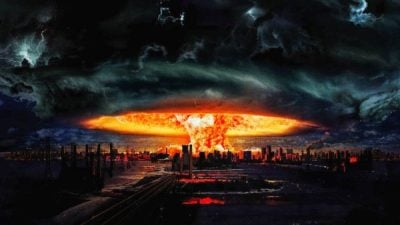


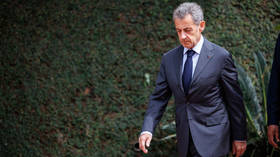
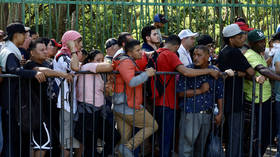
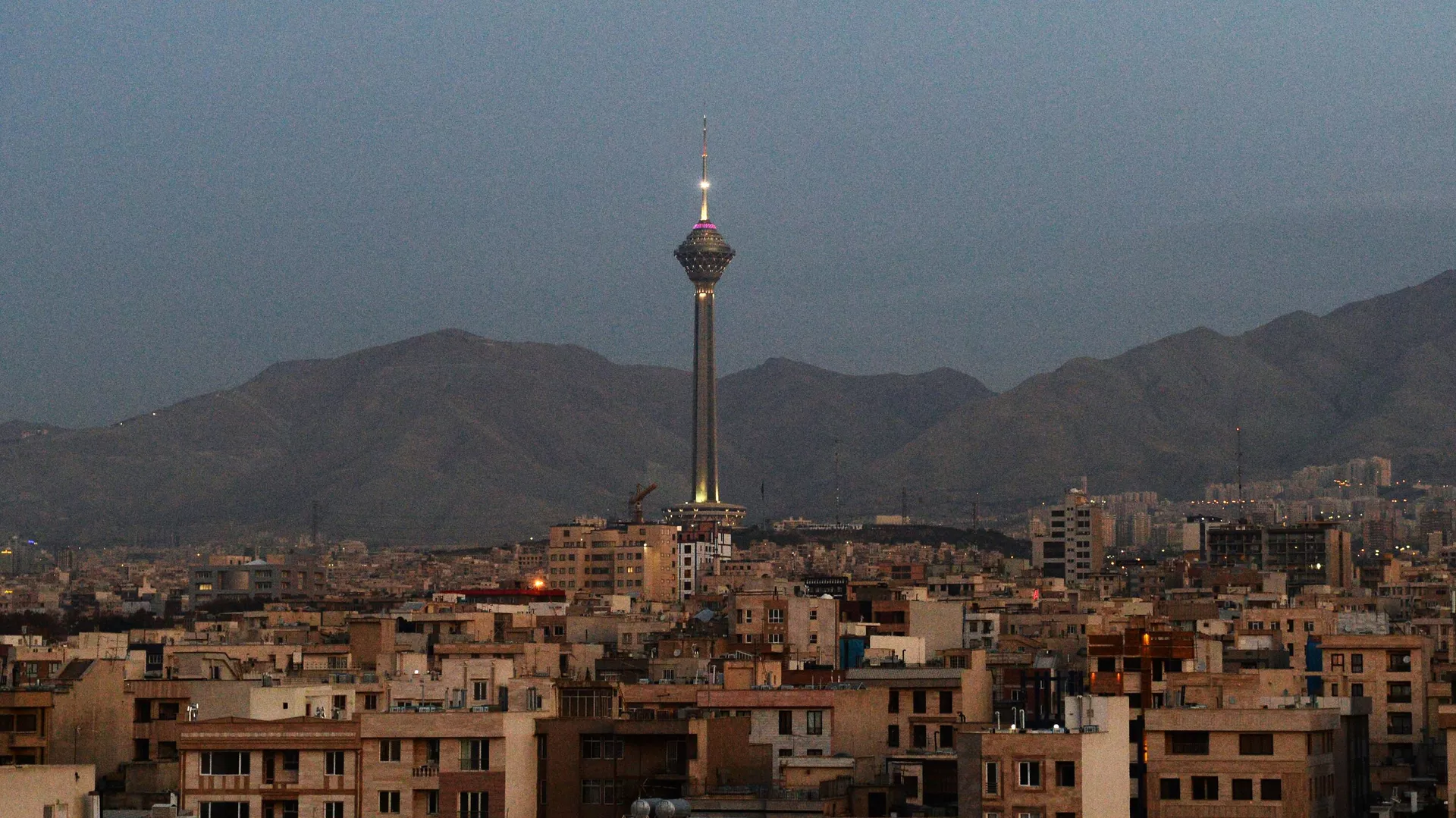
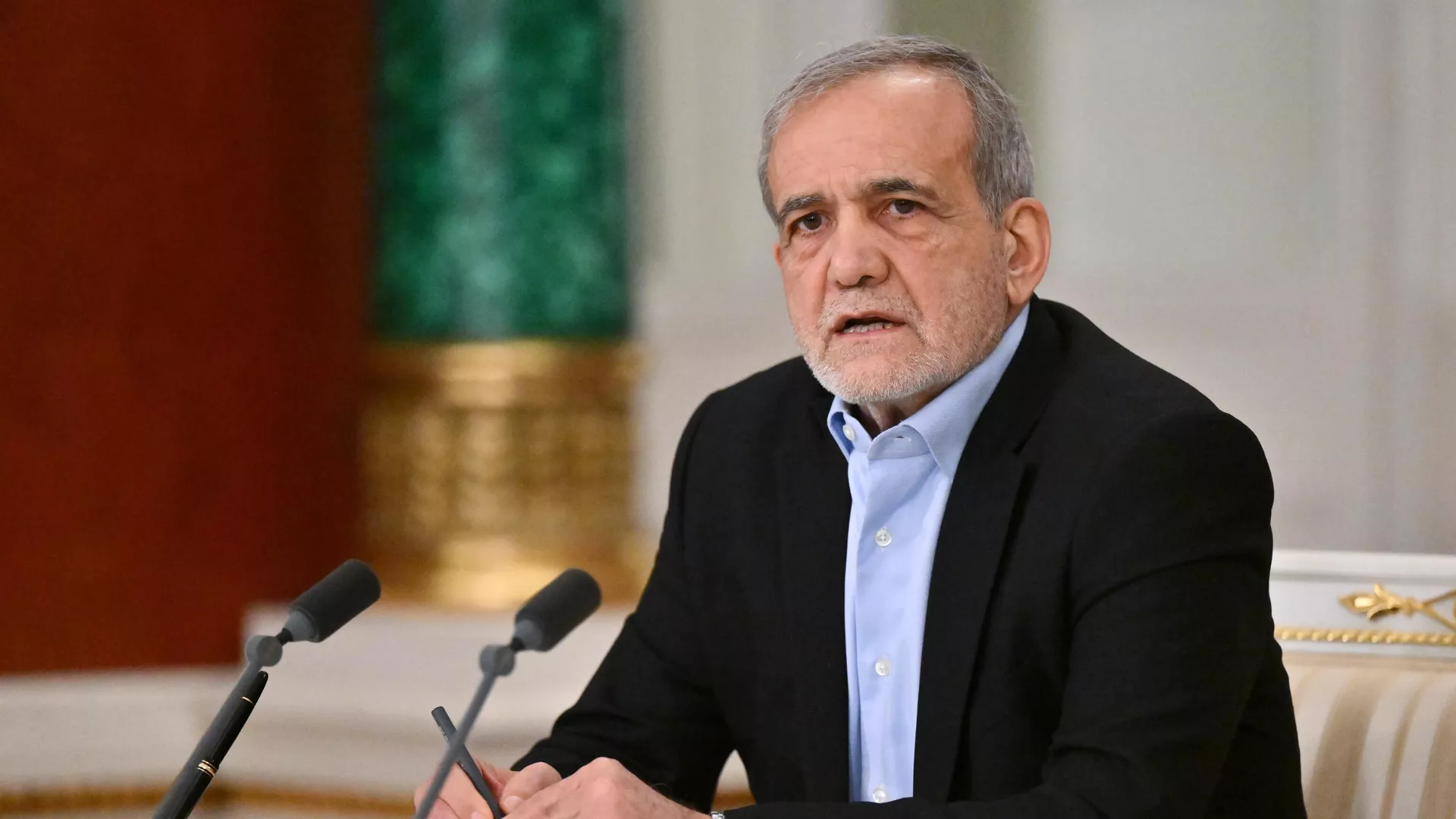
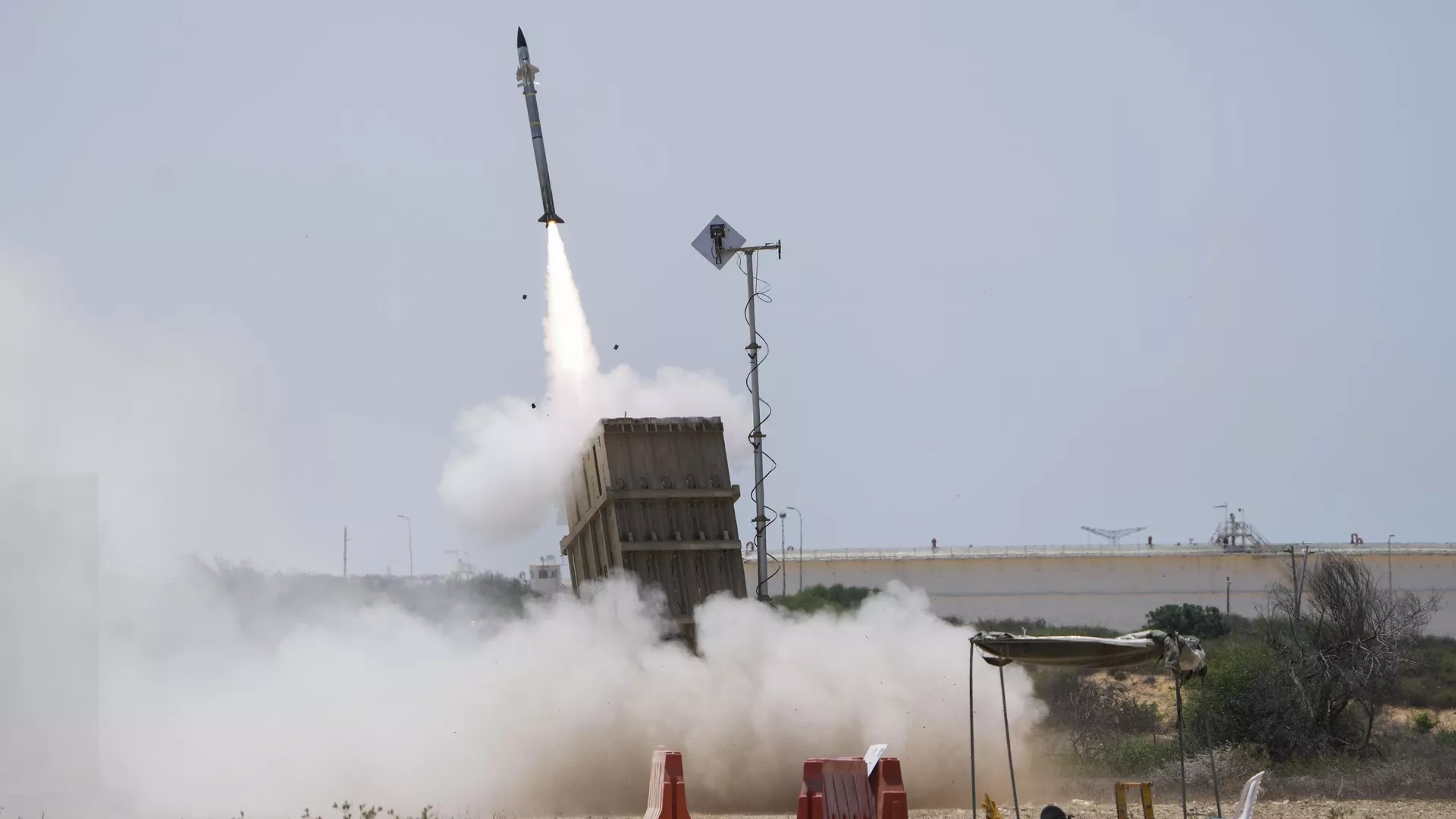
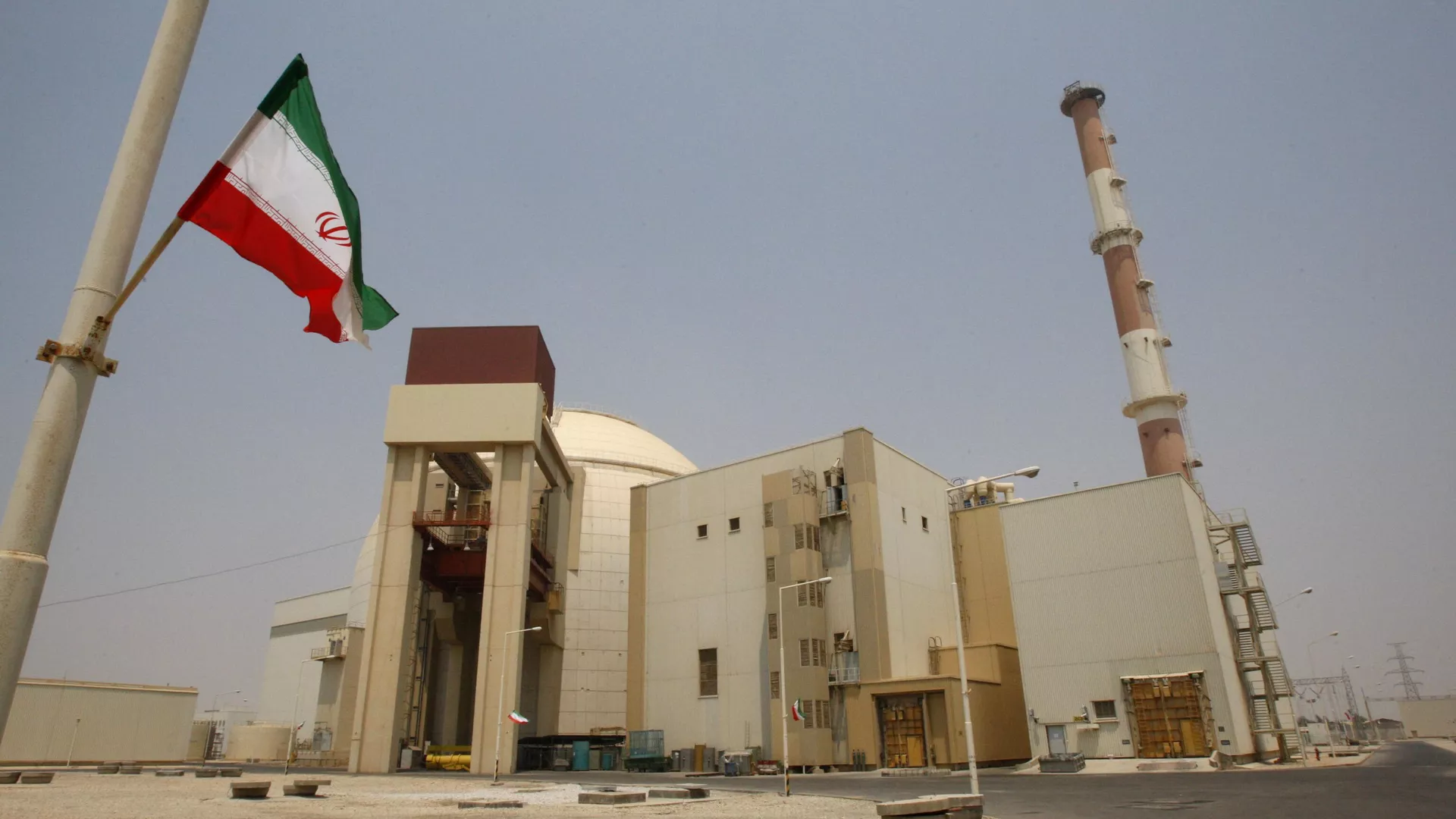

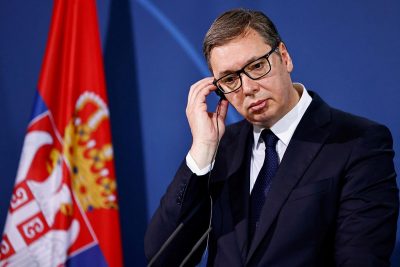




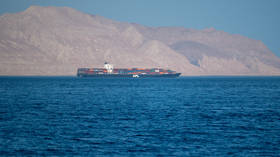
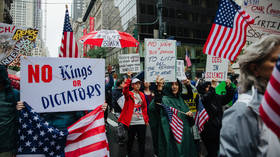
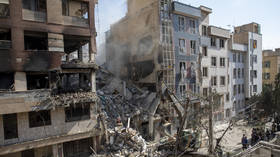

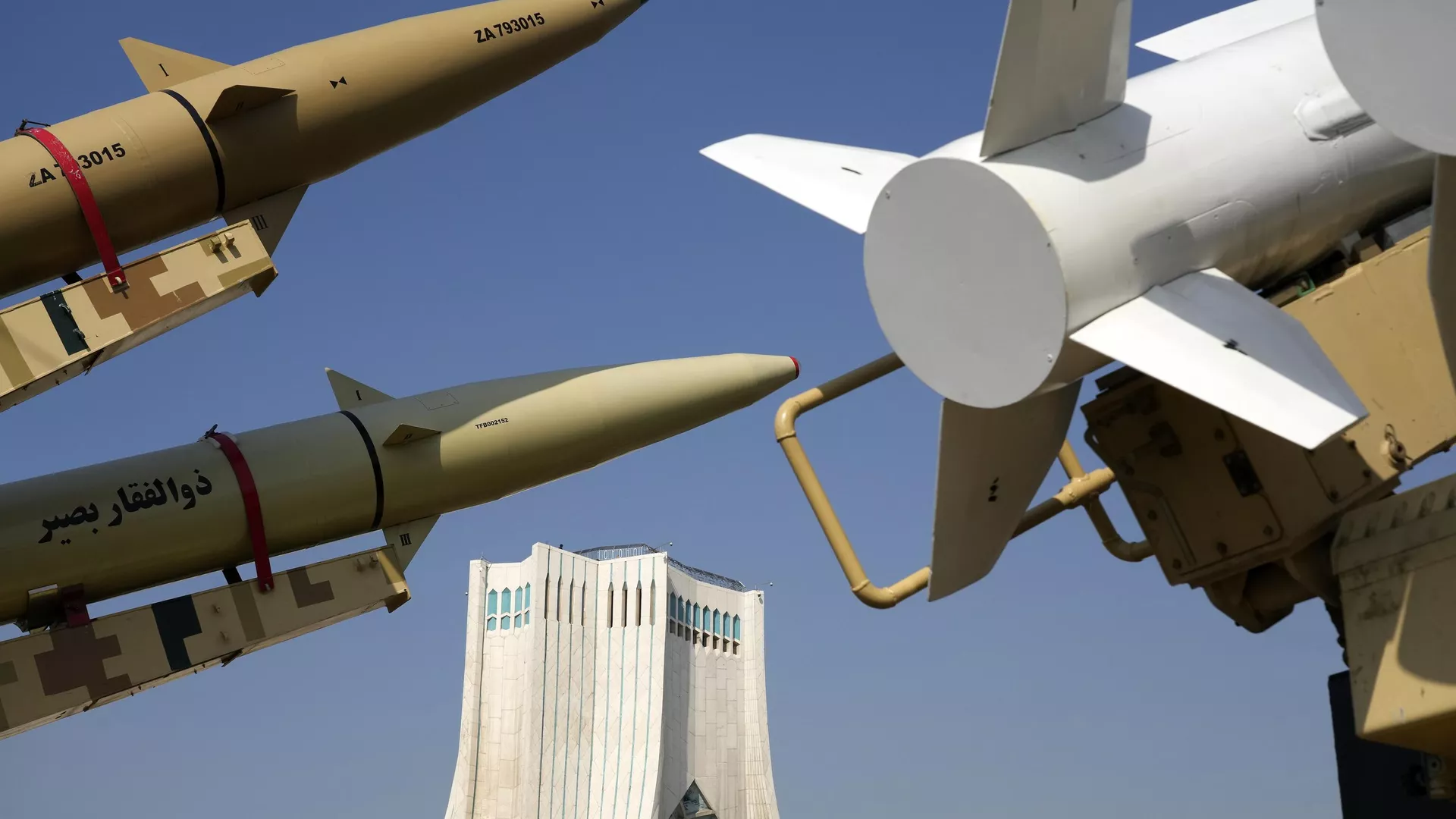


















No comments:
Post a Comment